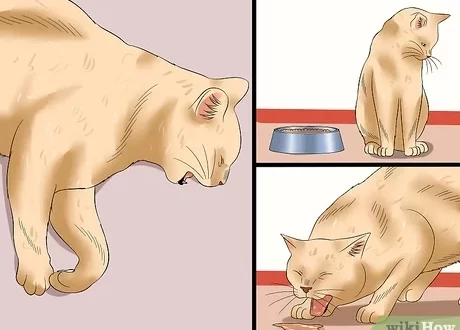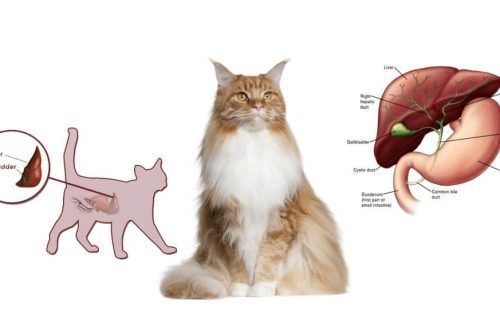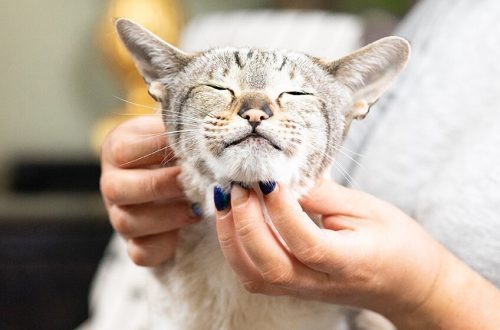
cat depression. What to do?
Many owners notice that their cat or cat suddenly begins to feel sad, refuse food, or otherwise show their depressed state in some other unusual way. What is the reason for this, can a cat have depression? Yes maybe.
Cats are special and absolutely unique animals. Many doctors call them “alien” creatures. So what can help and depression in cats? Actually everything! Cats are very sensitive to their environment and their habitat. New smells, renovations, new people and animals, moving, and much more can provoke stress and depression. For example, often people deal with such a problem: a neutered cat suddenly starts marking. First of all, of course, we must exclude pathological problems of the genitourinary system, but often this behavior is due to a stress factor – for example, repairs or the appearance of a child.
Sounds, pheromones, body movements and touch are very important for a cat. Cats have a number of diseases that can be triggered by stress. For example, idiopathic cystitis, liver lipidosis. The last malaise is due to fasting for more than 12 hours, so doctors always say that starvation is dangerous for this species.
Against the background of stress in cats, chronic viral infections can progress, if any (viral leukemia, viral immunodeficiency, viral peritonitis).
If the cat has got into a new home, she may experience urinary retention, which often leads to acute kidney failure. Also, it is the stressful condition that can provoke pulmonary edema. Cats with depression may experience itching. Aggression is also often the result of stress.
Before a trip to the clinic or any other transportation of the cat, it is recommended to use sedatives (for example, Stop Stress). It is important to remember that these funds have a cumulative effect, so they must be started in advance.
If the cat is stressed in a certain room, Feliway cat pheromones can be used. If these remedies are not effective, consultation with a zoopsychologist is recommended. Each cat is individual and requires a special approach.
I repeat: the cat does not like change, and the environment is very important to her. But, before implying psychological problems in a pet, physical pathologies must be excluded.
Photo:





